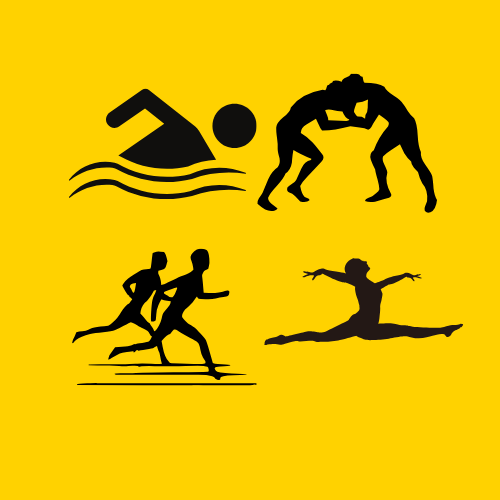
The Great Swim Debate: Exploring Different Perspectives
The debate surrounding swimming techniques and styles often sparks heated discussions among coaches, athletes, and enthusiasts. It's not just about who swims faster; it's a matter of preference and strategy. In the video titled The Great Swim Debate, several swimmers weigh in on various techniques, prompting a deeper analysis of how these approaches affect performance.
In The Great Swim Debate, the discussion dives into diverse swimming techniques and strategies, exploring key insights that sparked a deeper analysis on our end.
Historical Context: The Evolution of Swimming Styles
Swimming has witnessed significant transformations from its early days of basic survival strokes to the competitive techniques we see today. The freestyle stroke, for example, has evolved significantly, impacting competitive swimming records. Historically, strokes like the breaststroke and butterfly have paved the way for contemporary methods, leading us to debate if tradition or innovation holds more value.
The Social Connection: Why This Debate Matters
At its core, the Great Swim Debate reflects broader societal issues about innovation versus tradition. In youth sports, discussions around techniques often mirror other areas like methods of teaching or cultural practices. When young swimmers engage in these debates, they are not only honing their skills but also learning to navigate diverse opinions, an essential life skill.
Parallel Examples: Diving into Other Sports
Take, for example, the evolving strategies in basketball. The shift from a focus on post play to three-point shooting mirrors the ongoing discussions in swimming regarding strokes and techniques. Just as basketball coaches adapt to optimize performance based on player strengths and trends, swim coaches must also adjust their training regimens to suit modern competitive standards.
Future Predictions: What Lies Ahead for Swimming Techniques
As swimming continues to evolve, it’s fascinating to speculate on where the future may lead. With technological advancements in gear and training methods, we might see swimming techniques blend more with biomechanics and data analytics. Will personalized training based on biometrics become the norm, transforming traditional swim coaching?
Common Misconceptions: Demystifying Swim Techniques
Many believe that speed is solely determined by the stroke used, overlooking the significance of global conditioning and mental strategy. Coaches emphasize that a swimmer's mindset can greatly affect performance. It's not just about technique—it's about how effectively a swimmer can execute their style under pressure.
Actionable Insights: Engaging with the Debate
For coaches and athletes, examining different strokes is vital to developing a well-rounded program. Utilizing varying techniques during training can help swimmers find their unique style while adapting strategies from peers. Engaging in debates similar to those seen in the video can foster a collaborative environment in training sessions, encouraging athletes to experiment and discover what works best for them.
Conclusion and Call to Action
The Great Swim Debate raises essential questions about innovation versus tradition in swimming. If you're part of this community, consider sharing your thoughts on preferred techniques and engaging in discussions with fellow athletes and coaches. Join the conversation and help shape the future of swimming!
 Add Row
Add Row  Add
Add 




Write A Comment